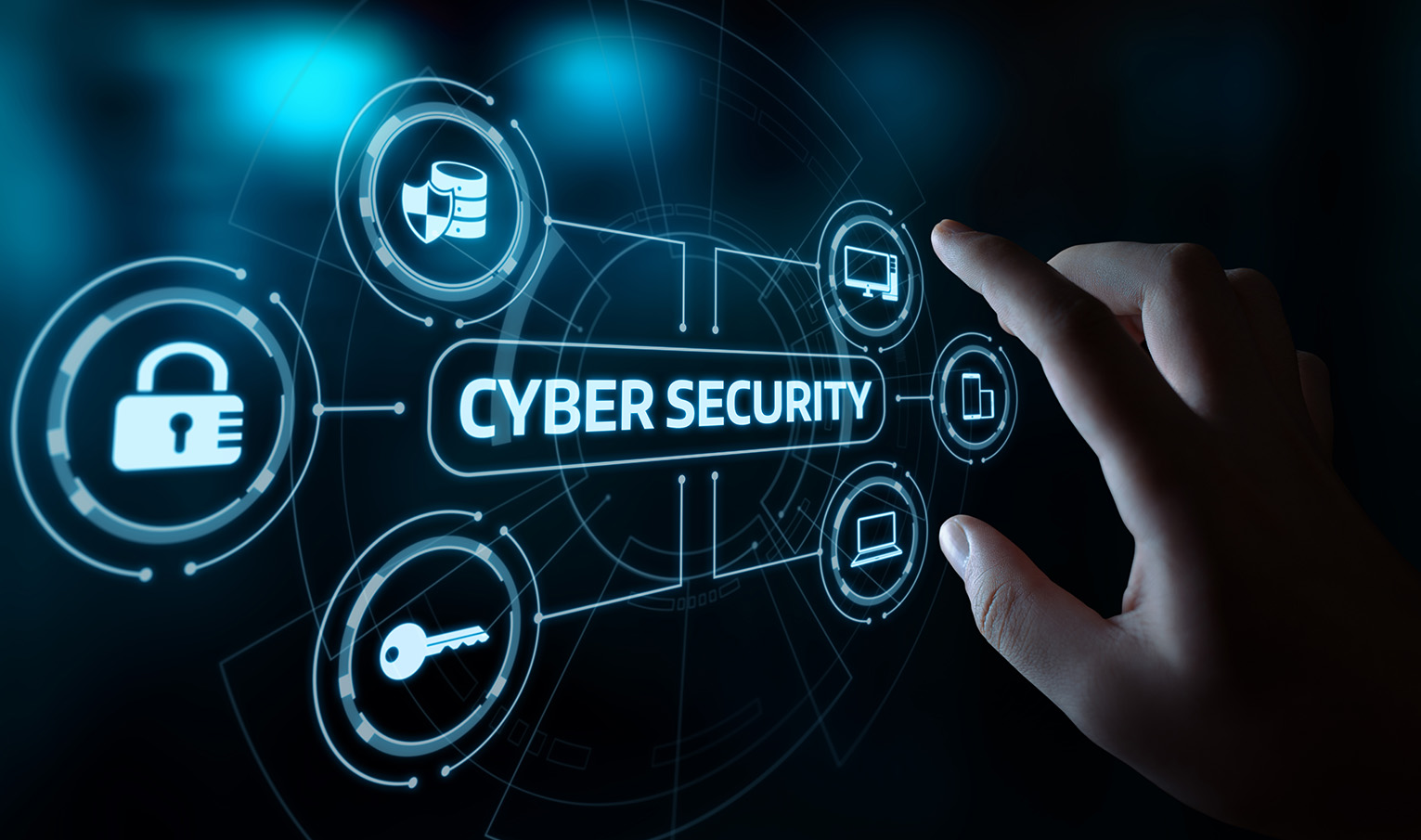In News: Cyber crime an important aspect of national security, says Amit Shah
Cyber security has become an important aspect of national security. Do you agree with this view? Suggest measures to tackle cyber threat challenges.
Today technology is being used extensively in all new initiatives and the increasing use of technology is also creating many threats.Hence cybersecurity has become an important aspect of national security.
Cyber security- an important aspect of national security:
- Protection of Critical Infrastructure: Cyber attacks can target India’s critical infrastructure like power grids, telecommunications, and financial systems, potentially causing widespread disruption and economic damage.
- Safeguarding Sensitive Data: The government holds vast amounts of sensitive citizen data, including personal information and financial records(aadhaar). Breaches can compromise privacy, erode public trust, and enable misuse by malicious actors.
- Defending Against Cyber Espionage: Cyber espionage can undermine India’s national security, foreign policy, and economic development. High-profile incidents like the 2020 cyber attack on ISRO highlight this threat.
- Securing Military Operations: Cyber attacks can disrupt military communications, logistics, and weapons systems, posing risks to national defence.
- Ensuring Economic Stability: Cyber attacks on businesses can lead to financial losses, disruption, and loss of consumer trust, impacting economic stability.
Measures to tackle cybersecurity challenges:
- Investment in Technology: Allocate significant funds for advanced cybersecurity technologies like firewalls, intrusion detection systems, and encryption tools.
- Critical Infrastructure Protection: Prioritise the protection of critical infrastructure like power grids, transportation networks, and financial institutions. National Critical Information Infrastructure Protection Centre is the right step in this direction.
- Skill Development Programs: Organise training programs to equip professionals with the necessary skills to combat cyber threats.
- International Collaboration: Foster partnerships with other countries to share knowledge and expertise.
- Public Awareness Campaigns: Conduct public awareness campaigns to educate individuals about cyber threats and best practices for online safety.Example, about phishing scams.
- Secure Online Practices: Encourage the adoption of secure online practices like strong passwords and two-factor authentication.
- Emerging Threats: Stay updated on emerging cyber threats and develop countermeasures.
- Artificial Intelligence and Machine Learning: Leverage AI and ML for threat detection and response.
- National Cybersecurity Strategy: Develop a comprehensive national cybersecurity strategy that outlines clear objectives and responsibilities.
By implementing these measures, India can significantly enhance its cybersecurity capabilities and protect its digital infrastructure from emerging threats.
| PYQ : What are the different elements of cyber security? Keeping in view the challenges in cyber security, examine the extent to which India has successfully developed a comprehensive National Cyber Security Strategy. 2022Keeping in view India’s internal security, analyse the impact of cross-border cyber attacks. Also discuss defensive measures against these sophisticated attacks. 2021Discuss different types of cyber crimes and measures required to be taken to fight the menace. 2020Data security has assumed significant importance in the digitized world due to rising cyber crimes. The Justice B. N. Srikrishna Committee Report addresses issues related to data security. What, in your view, are the strengths and weakness of the Report relating to protection of personal data in cyber space? 2018Discuss the potential threats of Cyber attack and the security framework to prevent it. 2017 |
Source:https://indianexpress.com/article/india/amit-shah-ai-cybercrimes-9560730/

